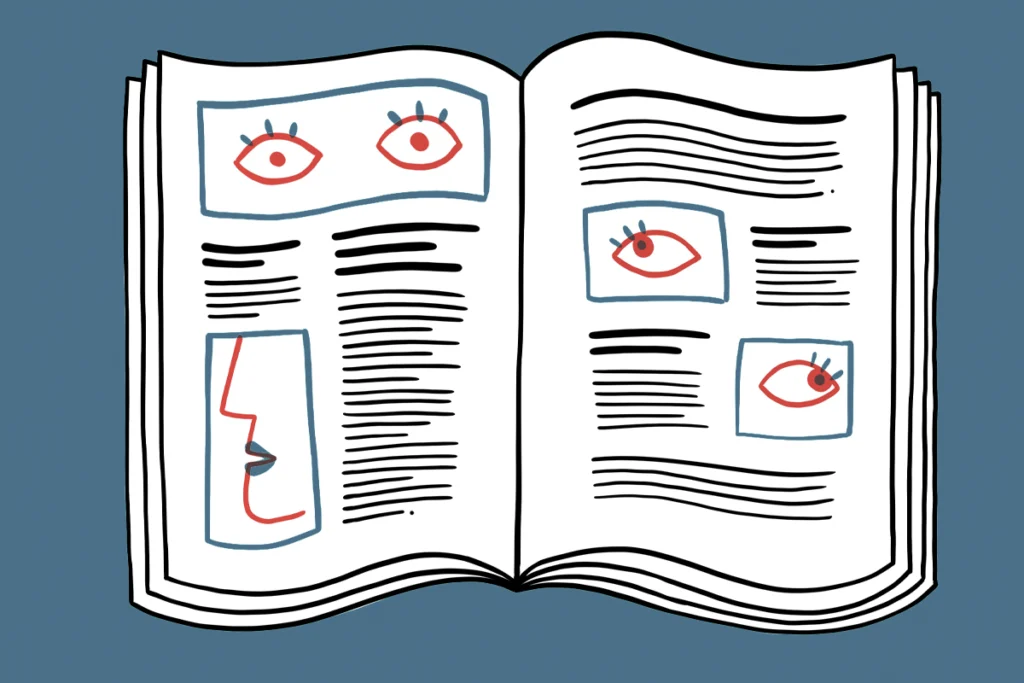Elizabeth Berry-Kravis is professor of child neurology at Rush University Medical Center in Chicago.

Elizabeth Berry-Kravis
Professor
Rush University Medical Center
From this contributor
Analysis offers new hope for failed fragile X drug
Eye tracking shows that mavoglurant, a once-abandoned experimental drug for fragile X syndrome, enters the brain and boosts social interest, says Elizabeth Berry-Kravis.

Analysis offers new hope for failed fragile X drug
Questions for Elizabeth Berry-Kravis: Dodging mouse traps
A mouse model of fragile X syndrome lacks a key feature of the condition, prompting researchers to look for other ways to test treatments.

Questions for Elizabeth Berry-Kravis: Dodging mouse traps
Questions for Elizabeth Berry-Kravis: Measuring drug effects
Drugs designed to treat fragile X syndrome have yet to show substantial benefits in people. But rather than abandon them, child neurologist Elizabeth Berry-Kravis suggests a new way to measure their effectiveness.

Questions for Elizabeth Berry-Kravis: Measuring drug effects
Explore more from The Transmitter
It’s past time to stop using the Reading the Mind in the Eyes Test
The widely used measure of “theory of mind” needs to be re-examined, along with the long-standing claim that autism is linked to a lack of this ability.

It’s past time to stop using the Reading the Mind in the Eyes Test
The widely used measure of “theory of mind” needs to be re-examined, along with the long-standing claim that autism is linked to a lack of this ability.
Robots boost data consistency in rodent studies reliant on mechanical, optogenetic stimulation
Two new devices take experimenter variation out of the equation, the lead investigators say.
Robots boost data consistency in rodent studies reliant on mechanical, optogenetic stimulation
Two new devices take experimenter variation out of the equation, the lead investigators say.
Spina bifida; MDMA effects in a mouse model of autism; maternal autoantibodies
Here is a roundup of autism-related news and research spotted around the web for the week of 13 May.

Spina bifida; MDMA effects in a mouse model of autism; maternal autoantibodies
Here is a roundup of autism-related news and research spotted around the web for the week of 13 May.